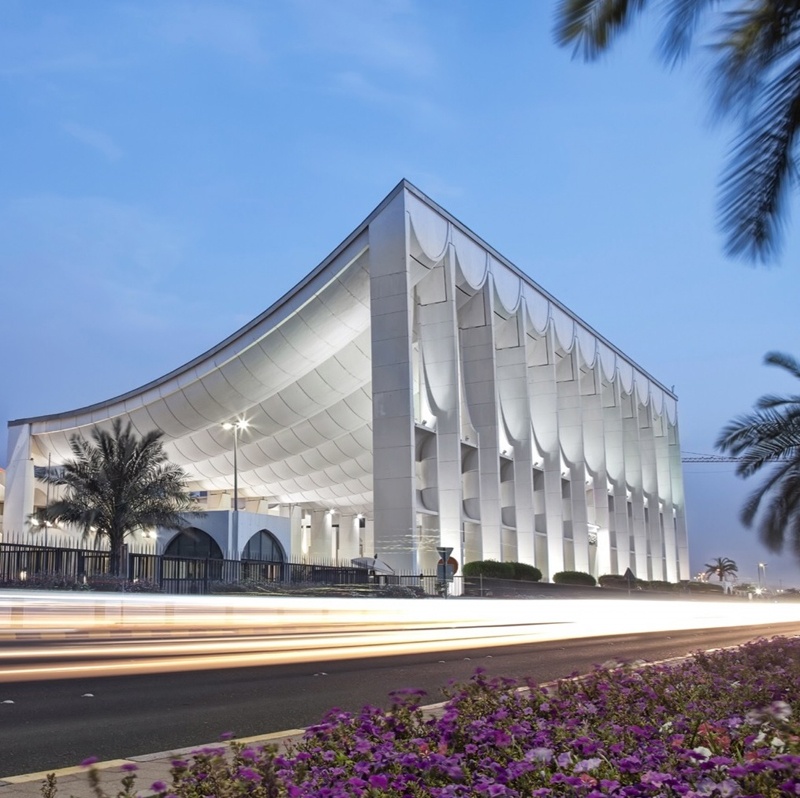

KUWAIT: Well-informed sources told Kuwait local daily Al-Rai that the government has placed passing the general debt bill in an emergency decree on top of its priorities if it fails to get it passed by the parliament during the current term due to wrap up by the end of September. The sources explained that the government had passed the first general debt law in 1987 and the second in 1998 using emergency decrees. "Passing the current bill using an emergency decree as well has wide-scale legal support, especially as the lack of liquidity in the general budget poses a threat to payment of government salaries for December," the sources highlighted.
The sources pointed out that the option of having the future generations fund purchase more assets from the general reserves fund is no longer possible because the listed stocks balance is already consumed and that asset liquidation would harm state revenues in view of the pressure on local and global markets because of COVID-19. "Kuwait cannot bet on oil price increases in the coming three months, and this is another reason why the general debt bill must be passed using an emergency decree," the sources said, adding that the government's options are very limited and the law must be passed to avoid payroll deficit.
3D scanners
In other news, Al-Rai reported that the Directorate General of Civil Aviation is mulling the use of 3D body scanners gates, as part of its efforts to enhance security measures at Kuwait International Airport. Informed sources said the Civil Aviation had contacted relevant government bodies to get approval to offer for public bidding a tender to supply, install, operate and maintain new body scanners using millimeter wave technology at Kuwait airport.
"The devices to be contracted will use full-body scanning technology, which is a technology used for inspection purposes at airports and in other places that require high security control," the sources explained, asserting the importance of the new devices to secure the airport, facilitate passenger inspection and discover illegal objects without resorting to manual searches. "This technology is already used in several Arab and Western airports," the sources concluded.


